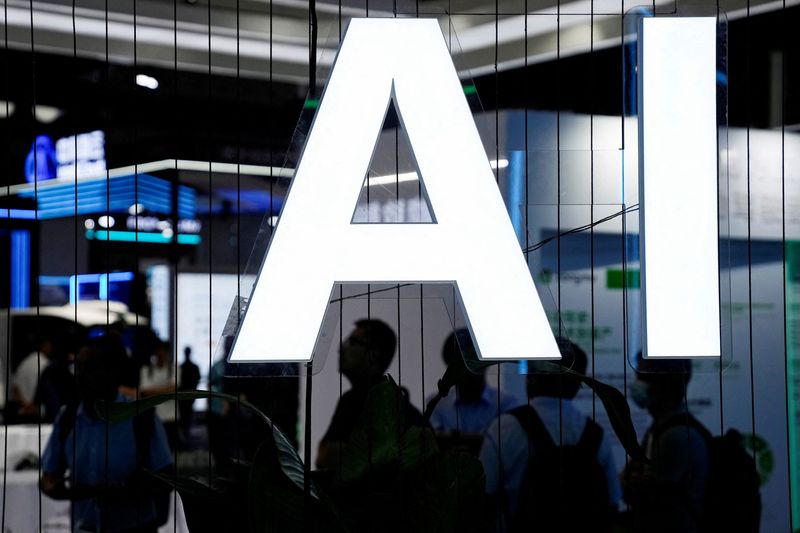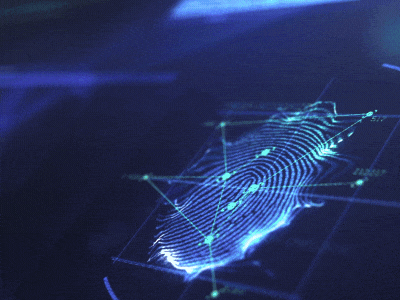What happens if AI can do everything better than humans? By Investing.com Analysis Report
5W1H Analysis
Who
Key stakeholders include AI developers and tech companies, governmental bodies focusing on digital policy, industries across various sectors increasingly adopting AI, and a global workforce potentially affected by AI integration.
What
The core discussion revolves around the potential implications if artificial intelligence surpasses human capabilities in multiple domains. This topic explores the societal, economic, and ethical dimensions of such a development.
When
The article was published on 14th June 2025. The discussions about AI surpassing human abilities have intensified over recent years, with significant milestones achieved by AI in 2023 and 2024, causing increased scrutiny and debate in various sectors.
Where
The impact and implications span globally, affecting developed markets with significant tech ecosystems, like North America, Europe, and parts of Asia, along with emerging markets integrating AI technologies.
Why
The drive behind AI advancement comes from the pursuit of efficiency, cost reduction, innovation in service delivery, and the desire for enhanced problem-solving capabilities that surpass human limitations.
How
The methodology involves AI technologies being developed through machine learning, deep learning, cognitive computing, and expanded computational capabilities, enabling AI to perform tasks traditionally managed by humans.
News Summary
The article examines the widespread implications of AI potentially surpassing human capabilities in various fields. It looks into what this means for industries, economies, and the global workforce. As AI technology continues to advance at a rapid pace, concerns surrounding employment, ethical use, and regulatory frameworks are becoming increasingly prominent.
6-Month Context Analysis
In the past six months, there have been notable advancements in AI, particularly in areas like healthcare diagnostics, autonomous vehicles, and financial modelling. Companies such as Google and OpenAI have released machine learning models that demonstrate capabilities approaching human-like cognition. This period also saw heightened discourse around AI ethics and policy-making, with tech giants urging for stronger regulations to address potential risks.
Future Trend Analysis
Emerging Trends
The key trends include increased automation across sectors, growing investments in AI technology, and the expansion of AI applications into new areas such as creative industries and emotional intelligence.
12-Month Outlook
Over the next year, stakeholders should expect broader implementation of AI solutions in business operations and personal applications, alongside a potential increase in regulatory measures adjusting to the pervasive nature of AI.
Key Indicators to Monitor
Key indicators include AI development funding, regulatory changes, AI-driven job displacement statistics, and product announcements from leading AI companies.
Scenario Analysis
Best Case Scenario
AI positively transforms industries, driving innovation and economic growth while safeguarding employment through effective re-skilling programmes.
Most Likely Scenario
AI becomes a crucial tool for businesses, leading to a mixed impact on employment as roles evolve. Increased regulation ensures responsible AI development and deployment.
Worst Case Scenario
Uncontrolled AI advancement leads to workforce displacement, widening socio-economic disparities, and ethical dilemmas, outpacing regulatory measures.
Strategic Implications
- Companies should invest in AI literacy and re-skilling programs. - Policymakers must enhance regulatory frameworks to ensure safe AI deployment. - Organisations need to balance AI integration with ethical considerations. - Employees should focus on skills that complement AI capabilities rather than compete with them.
Key Takeaways
- AI development is a global phenomenon influencing multiple industries and economies.
- Businesses should prepare for AI-driven changes by investing in workforce development.
- Regulation will play a pivotal role in managing AI's societal impacts.
- AI's advancement necessitates a focus on ethical considerations alongside technological benefits.
- Monitoring AI trends and developments should be a priority for stakeholders.
Source: What happens if AI can do everything better than humans? By Investing.com




















Discussion